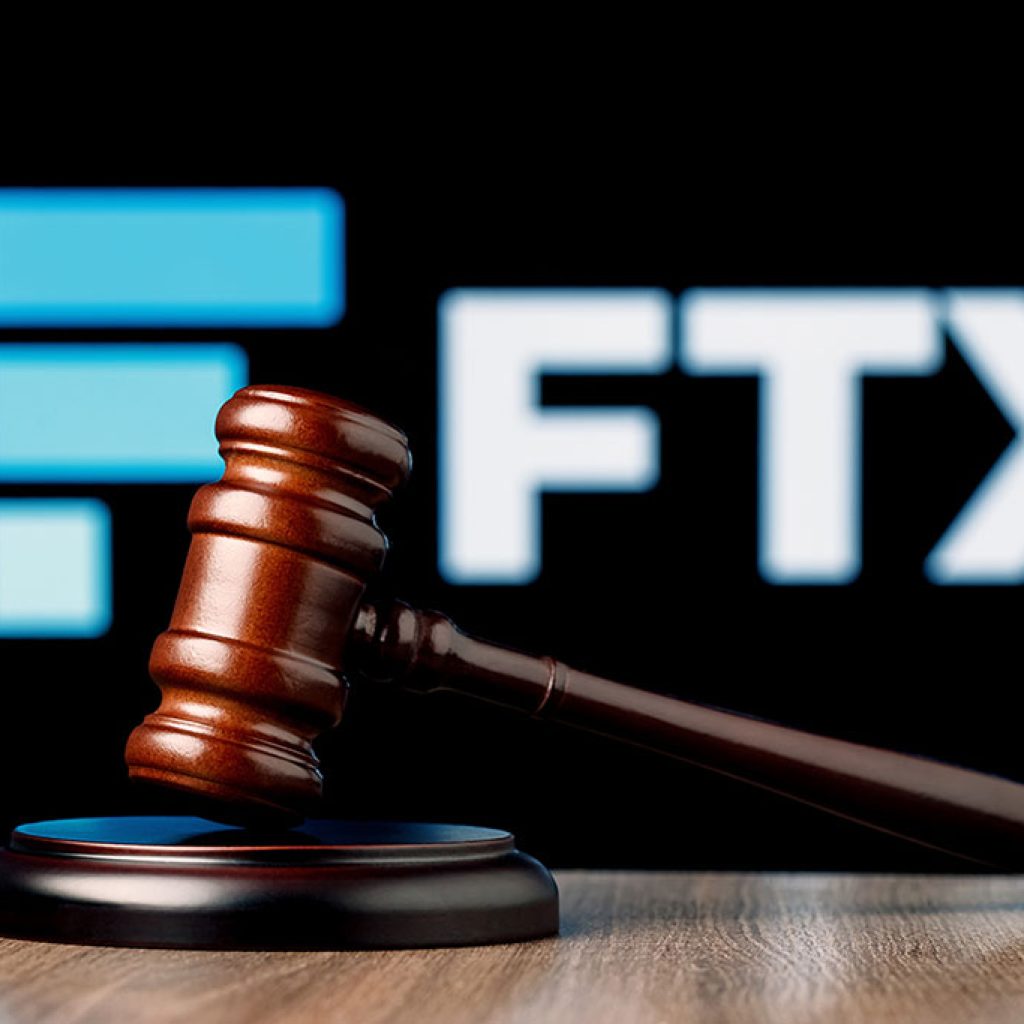The recent court ruling in the lawsuit between Ripple Labs and the U.S. Securities and Exchange Commission (SEC) has sparked a discussion on the broader implications of the decision for the wider cryptocurrency industry. The U.S. District Court of the Southern District of New York ruled that Ripple’s sale of its XRP token on exchanges and through algorithms did not constitute investment contracts, marking a partial victory for Ripple. However, the court also found that the institutional sale of the tokens violated federal securities laws, creating a complex situation that leaves many questions unanswered.
In a recent research report released on Friday, Bank of America stated that the ruling does little to clarify the regulatory landscape for digital assets. The bank emphasized that “Ripple’s XRP offerings were unique,” and the implications of the rulings are difficult to determine.
The unique nature of Ripple’s XRP, which serves a specific purpose within the Ripple network as a bridge currency for quick and low-cost cross-border transactions, makes it challenging to apply the court’s ruling to other digital assets with different use cases and functionalities.
Need for clear regulatory framework for digital assets
The Bank of America report underscores the importance of a clear and comprehensive regulatory framework for the healthy growth and mainstream adoption of digital assets. The bank differentiates between the trading of blockchain-native crypto tokens, for which regulations are still being established, and the trading of tokenized traditional assets such as Exchange-Traded Funds (ETFs), repos, and gold, for which the rules are already established and trading volumes have already reached trillions of dollars.
The report also highlights that the court’s decision was significantly influenced by an initial unregistered offering and sale of XRP to institutional investors, which laid the foundation for a secondary market for XRP, including programmatic sales on digital asset exchanges.
The ruling has also been viewed as a positive development for crypto exchange Coinbase, as it could potentially reduce regulatory pressure on the company, according to rival broker Needham.
Last week, Brad Garlinghouse, the CEO of Ripple Labs, said that the ruling has served as a check on SEC’s enforcement actions, which have been hindering innovation in the industry. He also urged lawmakers to establish clear guidelines for cryptocurrencies.
The favorable ruling significantly impacted XRP’s price as it rallied from $0.42 on July 3 to $0.82, experiencing about a 95% increase. Nonetheless, the crypto asset has since retraced and is trading for $0.69 at the time of press.





